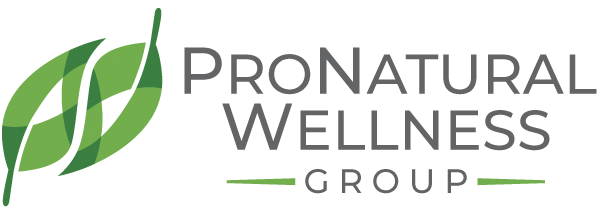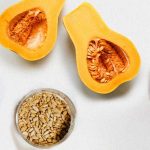Why Plant-Based?
![]()
A plant-based diet has been shown to reduce the risk of cancer and heart disease. What does plant-based mean? It means 2/3 of your meals are mostly vegetables, whole grains, legumes, and fruits. The remaining 1/3 can be a lean protein like fish or chicken or a plant protein like beans or tofu.
Plants contain phytochemicals and antioxidants that boost your immune system by keeping our cells healthy. Plant foods reduce inflammation by preventing molecules in your body from being oxidized. When molecules are oxidized, they create free radicals that damage the body when they breakdown causing inflammation. Prolonged inflammation is associated with chronic diseases such as cancer and arthritis.
Transitioning to a Plant-Based Diet
Add Foods: by adding servings of fruits and vegetables you will be fuller from the fiber making less room for other less nutritious food
Reduce Processed Foods: if you reduce processed foods in your diet, there will be plenty of room for whole foods
Protein: be mindful of protein at meals in the form of beans, legumes, nuts
Flexibility: plant-based does not mean you have to be completely vegan on your first day. You are learning how to “base” most of your meals around plants.
——————
For more information about optimizing your health, transitioning to a plant-based diet, and meeting your nutrition goals, please schedule an individualized appointment with Lisa Shettle at 860-829-0707.












